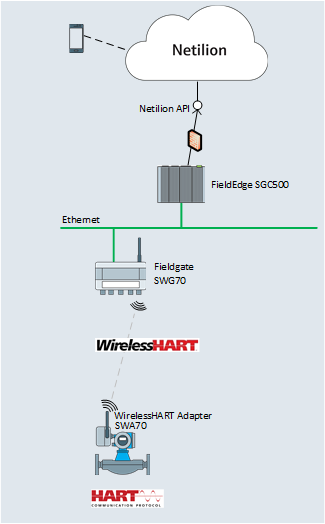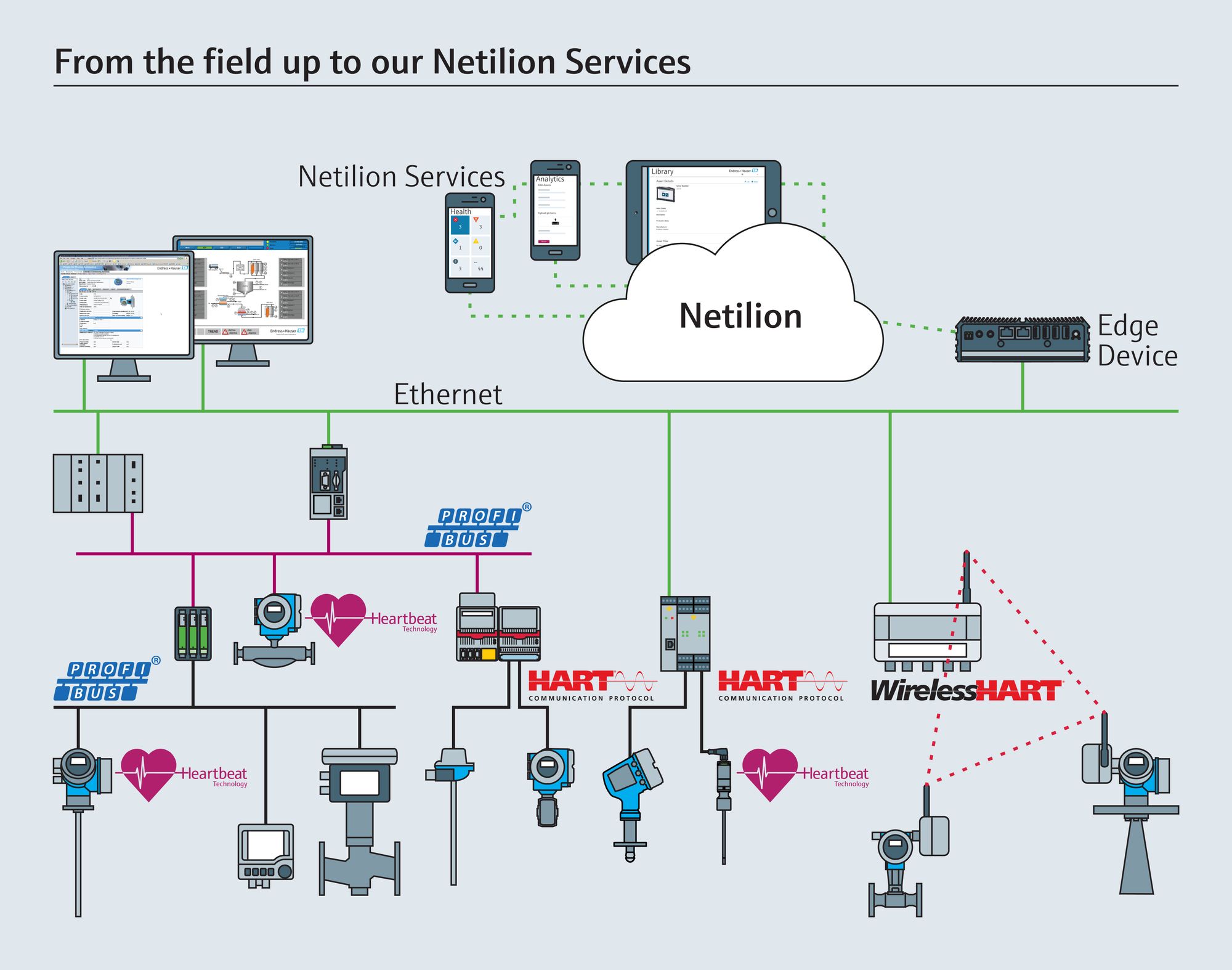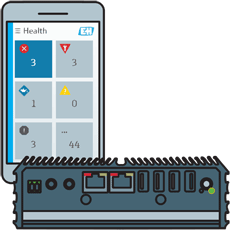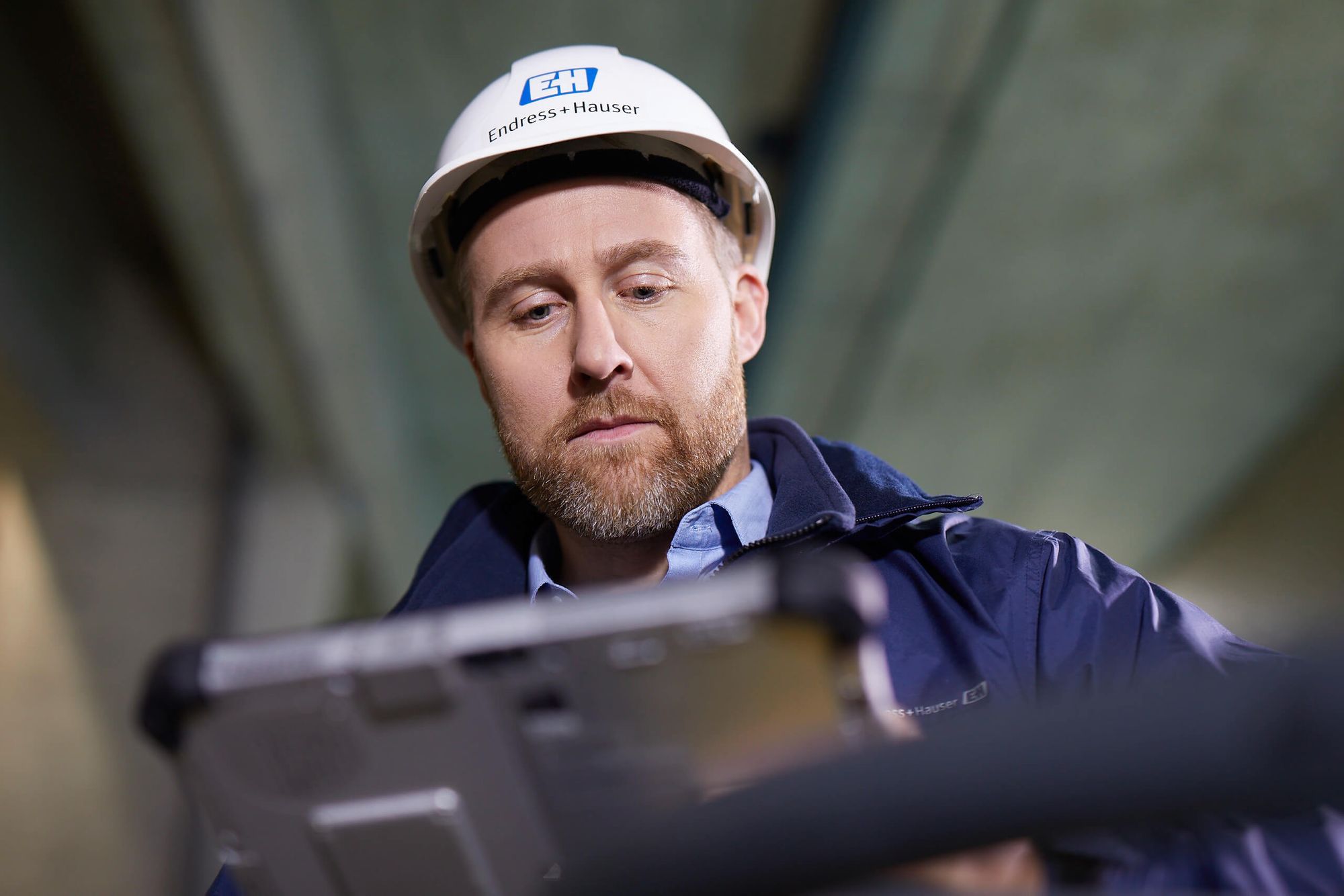6 killer hacks to kickstart IIoT in your plant!
It’s 2020, and you need to go digital in your plant, no two ways about it. So we’re here to show you how to make that a reality!
Beginning around December, nearly everyone spends time reflecting on accomplishments, then setting goals for the next year. Some people even perform small rituals to bring them luck. Now be honest with me: What's your good-luck charm for the new year? Don't worry, I won’t tell anybody.
I’ll start! I came from an island where people jump over waves to ring in the year. OK, I didn’t do that myself, and now I’m glad, because there are no waves where I live now. Can you imagine what a wreck I’d be if I believed in that ritual?
Jokes aside, we need to make things happen, and I can feel that in 2020, you're going to go digital at work. This year, you’ll finally start the project to implement the Industrial Internet of Things (IIoT) in your plant. And guess what? I’m here as a facilitator to make it happen.
So let’s dive into six killer hacks that will spark the IIoT solution – and revolution! – in your plant. Are you with me? Let's go then!
1 – Even if your whole plant is analog, you can still beef it up with a few key additions.
I always like to say that 4-20mA is still king, and the reasons are clear. Everyone knows the technology, and you can easily tell when a device is working or not.
On top of that, you can get digital information locally regarding device health. Most analog applications have at least a smart HART field device. I already explained that there’s no difference between a digital field sensor and a HART field sensor.
You can read more about that in "Everything you need to know about the HART Communication Protocol and Industrial Internet of Things."
But are you getting the most from these smart field sensors? Don’t worry, there are two simple ways to get all your data and make it work for you. First, you can use a WirelessHART adapter to collect the data in parallel without affecting the analog signal.
A WirelessHART network is a low-cost investment that also allows you to start small and scale it up as much or as little as you like. Then you can connect the WirelessHART gateway to an edge device to bring your network to the cloud.

Using a secure communication between the field and the cloud, you can choose services that make sense for your application, such as Netilion Health or Netilion Analytics.
The other possibility is to use a HART gateway, such as the Fieldgate SFG250. You can also pull the HART data using a cable connection, and then integrate your field devices to the cloud with an edge device.
Regardless which you pick, you don't need to replace your entire installation. You just need to add these devices to collect the relevant data from the field and make it work for you.
2 - Stop seeing your PROFIBUS network as analog!
Believe it or not, many plants never get the real benefits from their PROFIBUS networks. This grievous oversight is probably mostly related to mindset, where people think it’s easier to fix a problem than to prevent it from even happening.
Traditional solutions also lack a good user interface. PROFIBUS solutions can sometimes makes things more difficult than necessary, but don't worry. There is another choice who can win this category.

Thanks to IIoT devices, you can have a great user experience and improve your maintenance. With a gateway like the FieldGate SFG500, working as a Class-2 master in the network, you can collect all your diagnostic information.
We can also connect the gateway to an edge device and securely connect the field to the cloud. In just a few clicks, you make your devices accessible to IIoT cloud-based services like Netilion.
Now you can enjoy a user-friendly interface and network all kinds of devices. Best of all, you can use all this information to improve your maintenance and reach new heights of productivity. Check out our article "What is prescriptive maintenance (RxM) and how do you prepare for it?" to learn more about those possibilities.
3 - Start small, learn, and then scale up.
We already know that IoT solutions can improve our daily lives, but maybe such examples make this reality feel far away from yours. I can understand. Change sometimes comes slowly to the process automation industry.
But what if I tell you it doesn’t have to be that way? You don’t have to change everything at once; you can upgrade piece by piece in your plant until you have a completely digital working environment.
Pick one application where you want more information regarding health, data, values, etc. Then, apply an IIoT solution to one small segment, like a pilot project to learn more about the service and how it benefits your application. If you like the way that one segment begins to work, then you can gradually add more devices to your cloud-solution.
4 - Information is the key.
The more you know and understand, the better your chances of making good decisions and improving performance in all kinds of areas. I mean, just look at the wearable industry, stuffed with devices to provide data regarding our health.
When you know more about the processes in your plant, you can properly stock spare parts, schedule changes, and more. You can also get faster access to all the documentation regarding your field devices, such as technical manuals, calibration certificates, and reports.

Having a manual or report in the palm of your hand instead of the bottom of a filing cabinet saves time when something happens.
Managing all this information is easy with IIoT services in your plant. You can populate your database in a number of ways, and your entire team will have access to documentation and the big picture of your plant.
5 - Solution-as-a-service may be better than you think.
We’re all used to buying a solution or product and having ownership of it, and I get why some folks may feel a bit uncomfortable paying for something they can never own. However, many digital solutions now come as “solution-as-a-service” (SaaS), so let’s reframe this idea a little.

With SaaS, you sign up for a service and pay for it monthly or annually, like cable or Spotify. IIoT services bring a similar approach, where you sign up for a service to get access to it. Although the market is still learning the ins and outs of SaaS, you as a customer can still benefit.
How? Well, if you don't like the service, you just cancel it, as you do with Netflix or Amazon Prime. You won't be stuck with a solution that really doesn’t work for you. The SaaS concept lets us try new services without feeling trapped in one choice.
6 – Find the freebies!
As with many other services, we’re now seeing IIoT services offering free trials, which is awesome. You want to check out how it looks and play around with it, right? Well you can do that with services such as Netilion and many others.
So won't you give one of these ideas a try? Let's make 2020 the tipping point, where you go digital and never look back.
If you liked this article, don’t forget to share it on your social media using #netilion
See you on the digital side!



